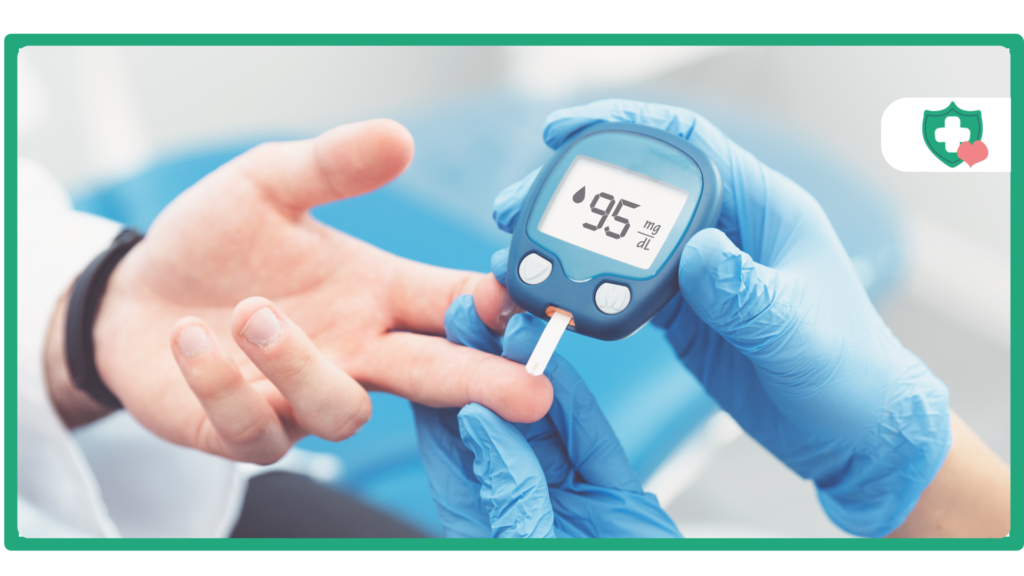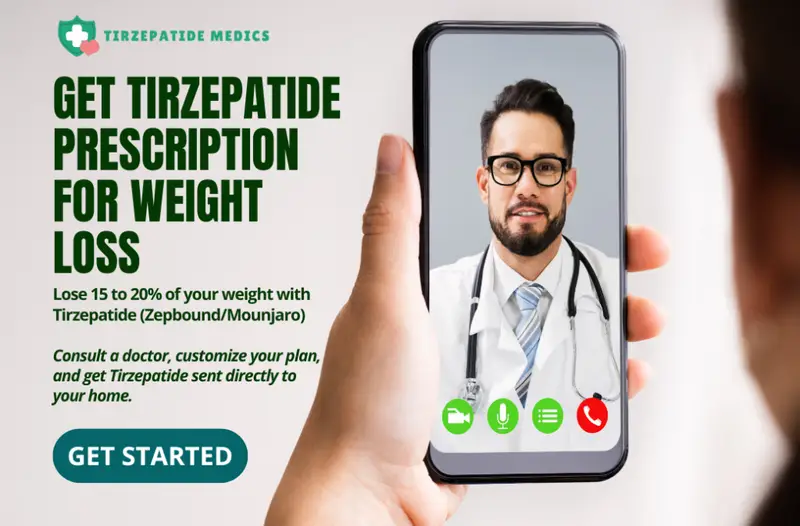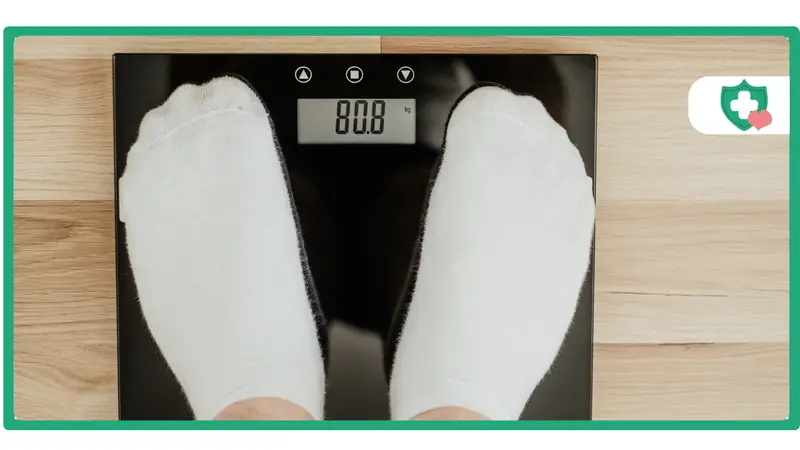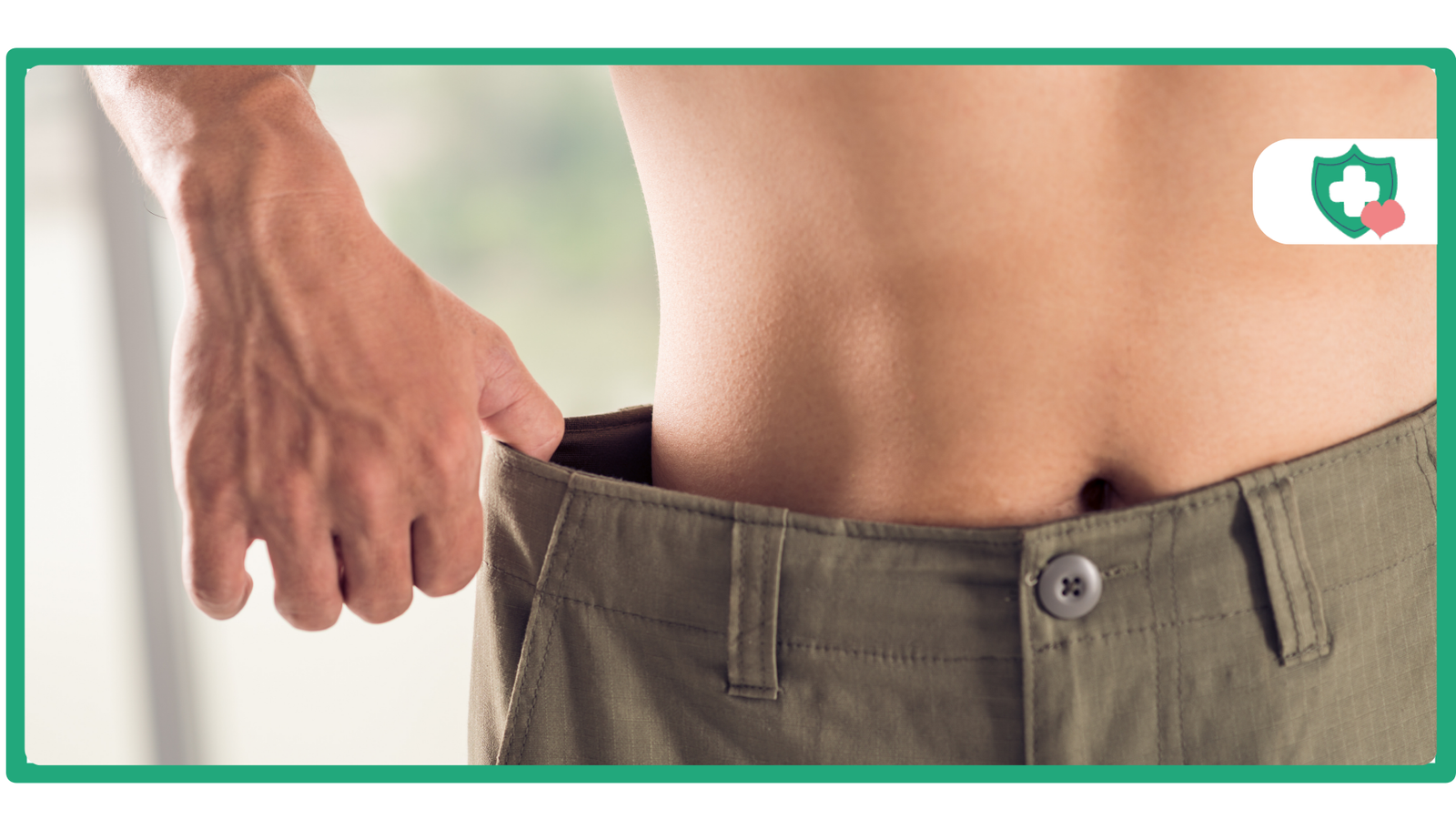You’re taking Mounjaro for weight loss and feeling great about your health journey. But you might have heard people talk about a risk of low blood sugar. It’s very normal to wonder if that risk applies to you, even if you don’t have diabetes. This is a very smart question to ask.
The key question on your mind is probably, “Can Mounjaro cause low blood sugar if not diabetic?
We are here to give you a clear and science-based answer. We will explain how Mounjaro works in a simple way, talk about the risk level for you, and teach you the warning signs to look for. Most importantly, we’ll give you a simple plan for what to do if you ever feel symptoms.
The Risk is Low, But Possible
Let’s get right to the main point. For people who do not have diabetes, the risk of Mounjaro causing seriously low blood sugar is very low. But low risk does not mean zero risk, so it’s still possible.
The main reason the risk is low is because Mounjaro is a “smart” medicine. It is designed to mainly lower your blood sugar only when your blood sugar is already high, like right after you eat a meal. It is not designed to make normal blood sugar levels crash down.
How Mounjaro Works: A “Smart” Approach to Blood Sugar
To understand why the risk is low, it helps to know a little bit about how this smart medicine works. It all comes down to how your body uses sugar from food.
What is Glucose-Dependent Action?
That sounds like a fancy science term, but the idea is really simple. “Glucose” is just the science name for the sugar that your body uses for energy. “Dependent” means that one thing relies on another.
Mounjaro works in a glucose-dependent way. This means it tells your body to release insulin only when it senses that there is glucose (sugar) from a meal. If you haven’t eaten and your blood sugar is already at a normal level, the medicine knows to take it easy and has a much smaller effect.
Why This is Different for People With Diabetes
You might have heard more about low blood sugar from people who have type 2 diabetes. The risk is higher for them.
This is especially true if they are also taking other diabetes medicines, like insulin. Those other medicines can lower blood sugar on their own, so adding Mounjaro to the mix can sometimes cause blood sugar to drop too low. This is why the conversation is a little different for them.
When Can Low Blood Sugar Happen? Key Risk Factors
Even though the risk is low for people without diabetes, there are a few situations that can make a dip in blood sugar more likely. It’s good to know about these risk factors.
Skipping Meals or Not Eating Enough
This is the biggest risk factor. Mounjaro is very good at making you feel less hungry. But if you take your shot and then you don’t eat enough food, your body won’t have enough fuel. Without that fuel from food, your blood sugar can dip lower than it should.
Intense Exercise
Exercise is great for you! But it’s important to know that when you do a hard workout, your muscles use up a lot of the sugar in your blood for energy.
If you do a very intense workout and you are also taking Mounjaro, it can sometimes cause your blood sugar to go a little too low.
Drinking Alcohol
Drinking alcohol can also affect your blood sugar levels. This is especially true if you drink on an empty stomach. Alcohol can block your liver from releasing stored sugar, which can lead to a drop.
How to Know If Your Blood Sugar Is Low
Knowing what low blood sugar feels like is your superpower. If you know the signs, you can act fast to feel better.
Mild to Moderate Symptoms
These are the first signs you might feel. They are your body’s way of saying, “Hey, I need some sugar!”
- Feeling shaky or like you’re trembling
- Feeling dizzy or lightheaded
- Sweating or feeling clammy
- Feeling cranky, irritable, or moody
- Suddenly feeling very hungry
- Getting a headache
- A fast or pounding heartbeat
Severe Symptoms (Requires Help)
If low blood sugar is not treated, it can get worse. These signs are more serious and mean you or someone with you needs to get help.
- Feeling confused or having a hard time thinking clearly
- Blurry vision
- Slurred speech or talking funny
- Having a seizure
- Losing consciousness or fainting
Your Action Plan: What to Do If You Have Symptoms
If you start to feel the mild symptoms of low blood sugar, there is a very easy and famous rule to follow to help you feel better quickly.
Follow the “Rule of 15”
This rule is easy to remember and it works.
- Eat or drink 15 grams of fast-acting sugar. This can be four ounces of juice or regular soda (not diet), a tablespoon of honey, or 3-4 glucose tablets that you can buy at a pharmacy.
- Wait 15 minutes. Don’t eat any more. Just sit and let the sugar start to work.
- Check how you feel. After 15 minutes, see if you are feeling better.
- Repeat if you need to. If you still feel shaky or dizzy, have another 15 grams of sugar and wait another 15 minutes.
Always Follow Up with a Snack
Once the shaky feelings go away and you feel better, it’s important to eat a small snack. This snack should have both protein and carbohydrates. Something like crackers with cheese or a piece of toast with peanut butter is perfect. This will help keep your blood sugar from crashing again.
A Guided Approach to Your Weight Management
Managing your health journey safely is much easier with professional support. For those seeking a convenient and guided path, the Tirzepatide treatment program from Tirzepatide Medics offers a complete service.
Their program provides an online prescription for Tirzepatide, the active ingredient in Mounjaro and Zepbound that helps patients lose an average of 20% of their body weight. The all-inclusive service simplifies the process with clear pricing, including the doctor’s consultation, prescription, and medication, starting at $399 for the first month, then $299 per month.
Frequently Asked Questions (FAQ) About Mounjaro and Blood Sugar
It’s smart to have questions. Here are some simple answers to common ones.
1.Does a higher dose of Mounjaro make low blood sugar more likely?
Not always, because the medicine is still “smart” and works based on the glucose in your body. However, a higher dose might make you feel even less hungry. This makes it even more important to remember to eat your regular meals. You can review the standard dosing schedule with a Tirzepatide dose calculator.
2.Should I buy a blood sugar monitor?
This is a great question to ask your doctor. Most people without diabetes do not need one. But your doctor knows your personal health history and can give you the best advice. Asking “Can Mounjaro cause low blood sugar if not diabetic” is the first step, and your doctor can help with the next ones.
3.How do I contact my provider if I have concerns?
It is always best to ask your medical team if you are worried about anything. You can often send a secure message through your patient portal or find their information on the main contact page.
Conclusion
So, let’s review what we learned. The risk of getting low blood sugar from Mounjaro when you don’t have diabetes is low. This is because the medicine works in a “smart” way. The risk goes up if you skip meals or do a very hard workout without eating enough.
The most important thing is to know the symptoms of low blood sugar and to have a plan, like the “Rule of 15.”
Can Mounjaro cause low blood sugar if not diabetic? Yes, it’s possible, but it’s also rare and very manageable. Being prepared is the key to staying safe and succeeding on your health journey. To learn more about starting a medically supervised weight loss program, visit Tirzepatide Medics.
















